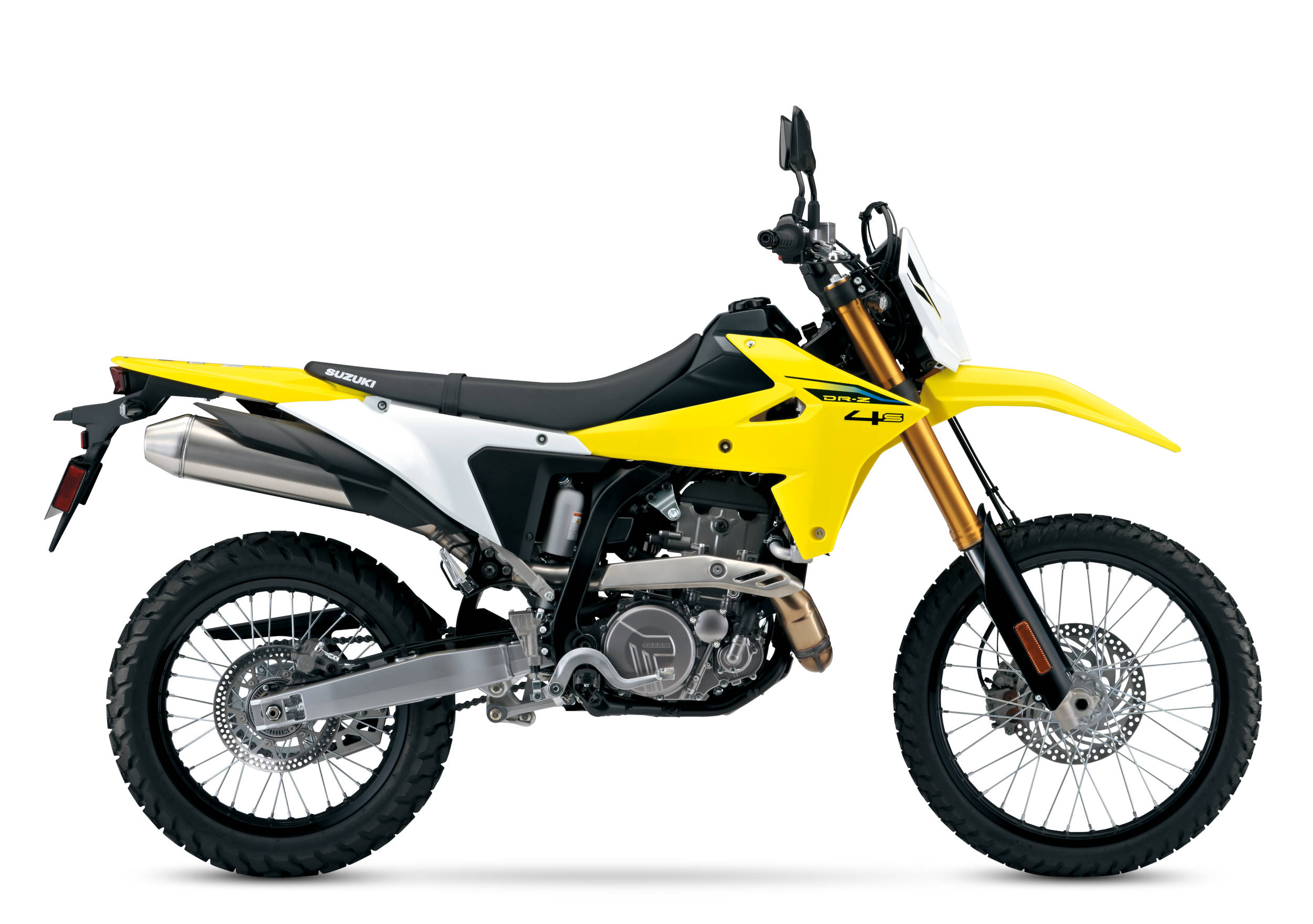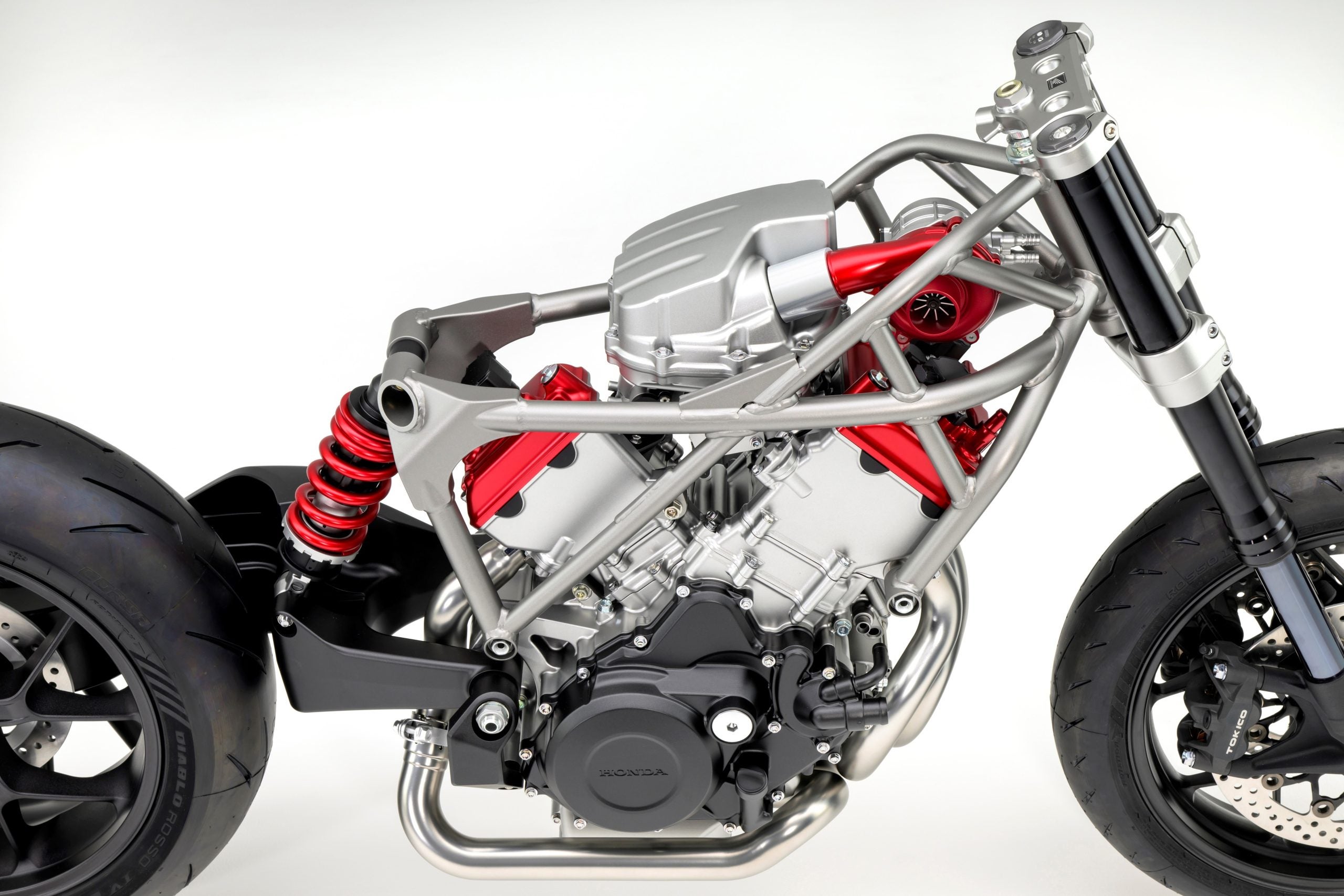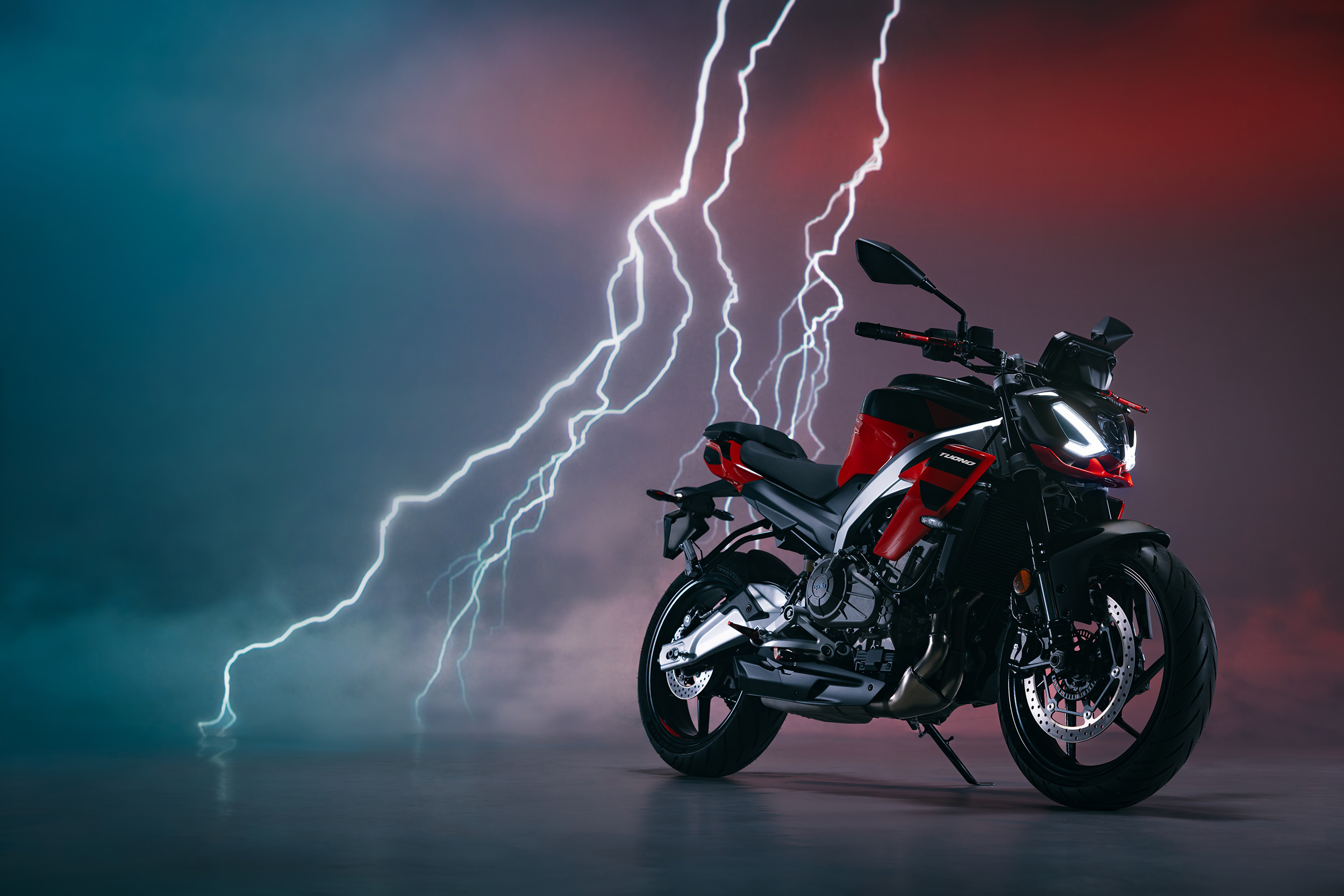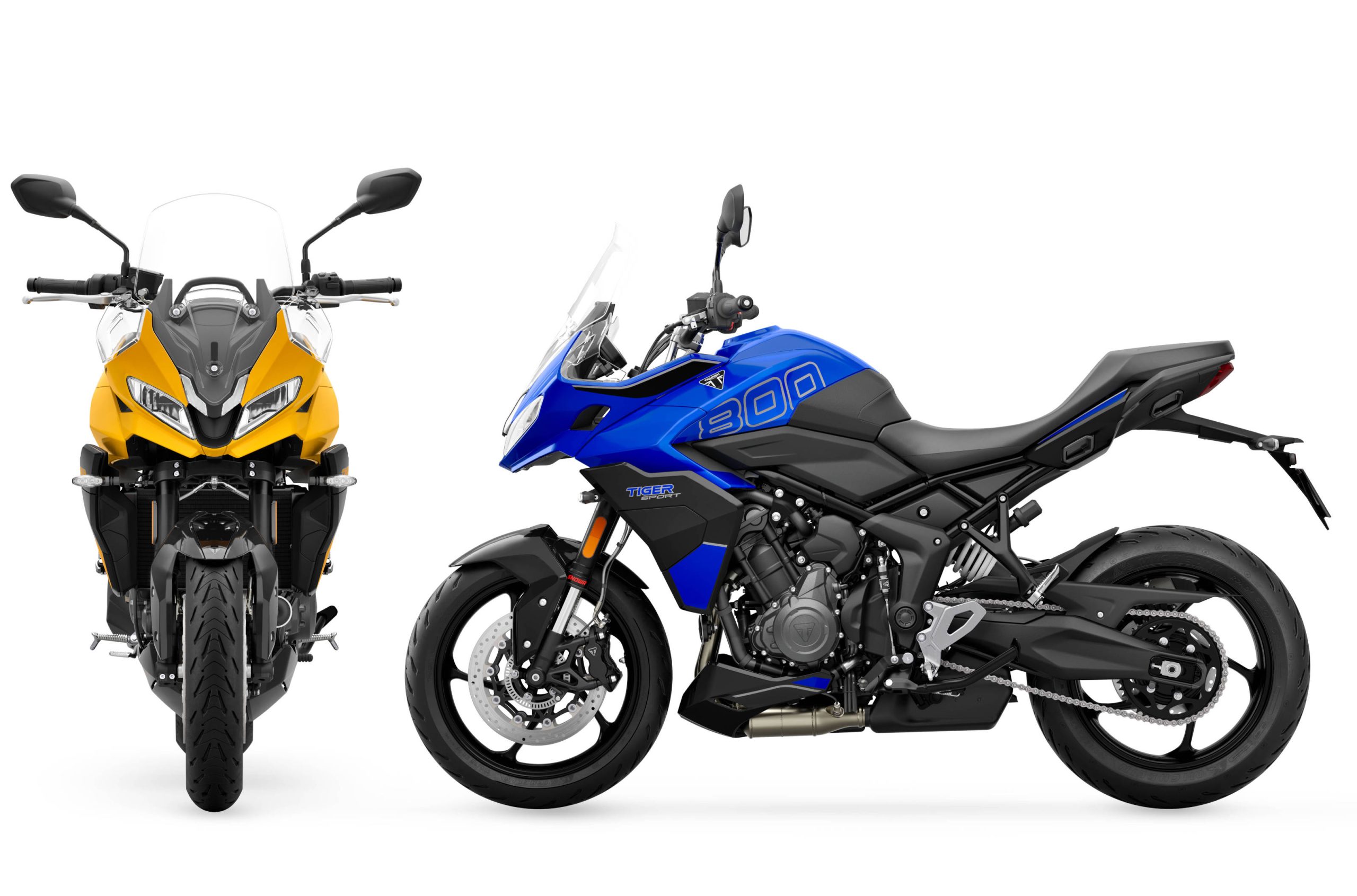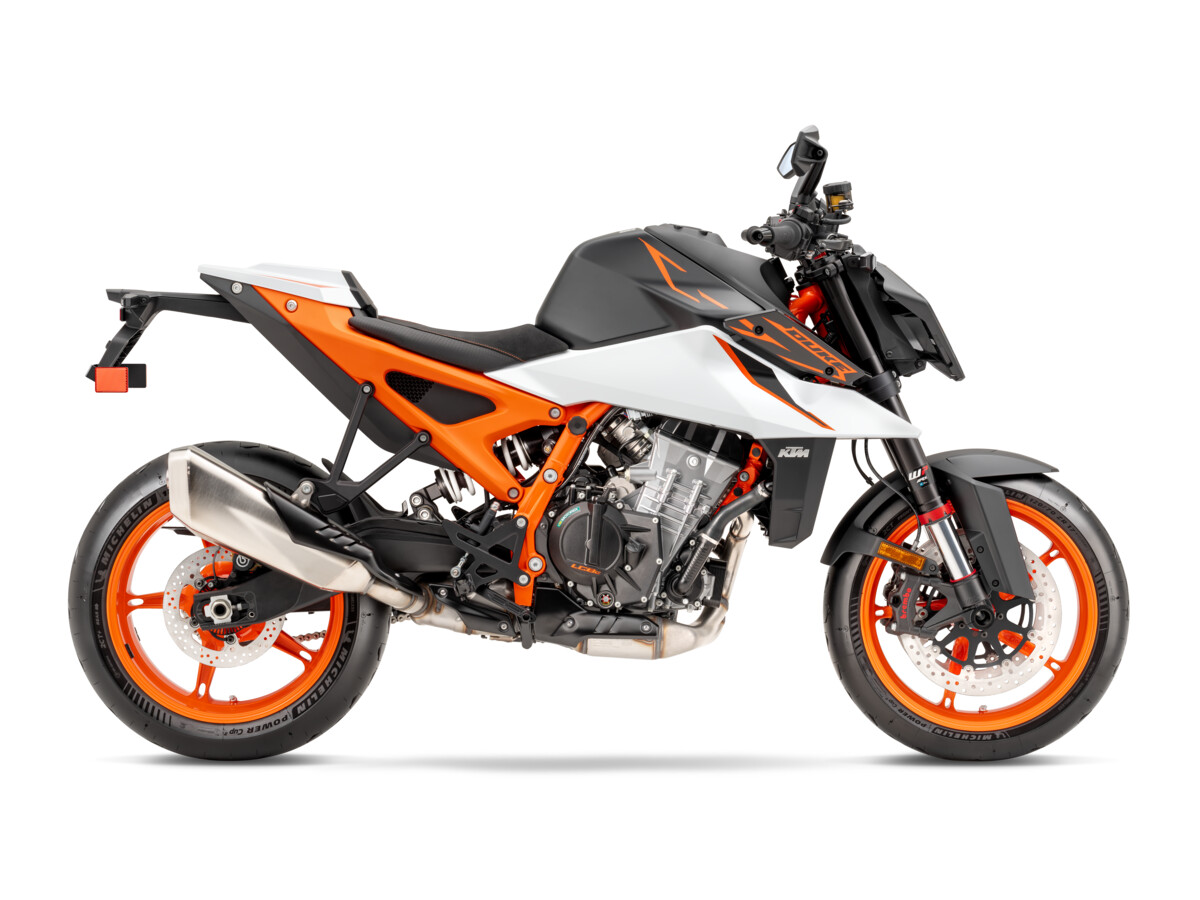Our article on electronics and rider control dated December 19, 2007 drew some interesting responses we thought we would share with you. Here they are in their unedited form.
- Well, I’m sure Rossi has been quoted as saying that the difference a rider makes to lap times is becoming smaller and smaller in the world of MotoGP these days (or something along those lines), and I guess he is in a position to know what he is talking about.
And as for F1, it has long been a fact that the teams have known that computer controlled driver aids can make the difference between winning or loosing (just look at the huge advantage Renault had at getting off the start line when launch control was still allowed). The FIA are moving towards less computer controlled driver aids in an effort to make F1 more exciting and in 2008 there will be no traction control on the cars. Although having worked as a software engineer for an F1 team, I can say for certain that other creative ways of achieving a similar affect will be investigate and ultimately employed.
Should this type of technology be banned from the pinnacle of motor sport (both on two and four wheels)? I’m not sure – from a spectator point of view maybe, from a driver/rider/team point of view maybe not (they all want to go as fast as they can to win after all), from the general publics point of view certainly not as motorsport unquestionably eventually brings it’s inovotive technology to the masses.
- Great question Dirck,
I see more and more management systems coming, but I do not see any of those systems being included to compensate for “rider skill,” only emergency situations.
For instance, I can see traction control compensating for mid-corner leaves. I can also see antilock brakes for panic stop assistance. I cannot see braking systems that keep brakes on the edge of locking up while still being smoothly applied, and I cannot see systems that know when a professional would have intentionally spun up a rear wheel (supermoto-flattrack style).
The primary argument I see to “performance enhancing” management systems for motorcycles is the lack of accompanying active protection systems when given to the “truly unskilled.” If someone builds a street-legal car that helps the driver reach racing speeds, it will also include auto-braking and collision avoidance systems, as well as numerous airbags and active restraints.
What can you add to a motorcycle that has performance-tuned traction and braking management to save the noob…who should never be going fast enough to use those tools…from target-fixating on a telephone pole or guard rail because they’re not prepared to corner at the speeds they can now “safely” reach? What active protection system can you add to the bike to save them after the target fixation? Maybe I’m old school, but a throttle induced lowside is a much less costly learning experience than the blown corner into a pedestrian after the bike fixes my traction problem.
- Unskilled riders are already on the streets. Why do you think cruisers are so popular? It doesn’t require to much skill to operate one. Perhaps there is a gyroscopic system somewhere that will allow newbies to ride without having to hold a bike upright, but where is the fun in that? Aren’t motorcycles supposed to be a bit dangerous? I mean, what’s the draw to ride if element of a little danger is eliminated? Aren’t we all outlaws anyway?
In the seven years I have worked in the recreational powersports industry, I have come to the conclusion that there is a large majority of people that use motorcycles as lifestyle accessories that should not even be on them due to the lack of proper training, hand eye coordination, situational awareness, etc. that would keep them from getting hurt while attempting to operate the unit. It never ceases to amaze me when people come in for a new tire and after they leave, come right back and say there is something wrong with their bike; it steers funny now. Reason being? It only had 22 lbs. pressure in the front tire when it came in!
Low air pressure monitors would be a good thing I guess, for the people that don’t have enough sense to check the tires regularly. D’oh!
- Some of the more obvious ways that electronics/computers could enhance the riding experience:
– Standard GPS systems making getting lost much more challenging
– Standard Weather reporting systems making getting wet and cold more challenging
Some other thoughts
– engine control systems that learn from previous rider behavior, quality of fuel, temperature, etc. and dynamically tune the engine for best fuel economy or performance
– braking control systems that learn from previous rider behavior and dynamically adjust braking providing best rider control
– suspension control systems that learn from previous rider behavior, road conditions and load to dynamically adjust for best traction and ride
– systems that monitor oil pressure, temperature and level to remind riders to take care of this little detail
– systems that monitor coolant level and temperature, yada yada
– systems that monitor tire condition and air pressure
– systems that monitor the riders current financial situation and recommends the appropriate chrome add ons. 8^)
- While I agree driver/rider aids will help “less experienced” pilots they will never be able to achive what race pilots can. You used F1 as a reference point and while the aids do provide faster lap times , the race drivers still get it wrong and put it off the track. I don’t know how much you follow F1 but all those driver aids are going out the window this year and some are having difficulty adjusting…
- There is a saying an engineering teacher had. “No matter how fool proof you make something, there is a bigger fool waiting to break it.” Skill and thought will always be faster on any machine, no matter how much gizmology you have in it.
- I partly agree with your statements. The electronic systems can help mask a riders inability and therefore give that individual a higher confidence level to push harder. As long as this individual continues to ride bikes with these systems that persons flaws will never come out. It’s until he jumps on a bike without these features that these flaws will come to the surface. That being said I don’t think a novice rider will ever be at the level of a professional no matter what systems are employed. There’s a lot of seat time required to get to those levels that the average person doesn’t have the opportunity to do. (From an engineer and avid trackday rider)
- RE-Electronics and Rider Control
Will the electronics let let unskilled riders perform as well as pro’s-
Absolutely not!
Will the electronics let unskilled riders buy today’s bikes with HP even in the 600cc class that equals open class bikes of 20 years ago, with close to 200lbs less weight and not kill themselves on the ride home- maybe.
Today’s bikes have levels of performance that the best factory race bikes struggled to attain as little as 10 years ago. Things like traction control and anti-lock breaks are devices that let riders better cope with these levels of performance. They will let pros go faster, there are riders than can slide the back end on the gas out of a corner on a 200+ HP bike, but they are rare, and even the best of them will sometimes get bitten by a highside doing such things. But body positioning, proper weight transfer and choosing the correct line are such an important part of riding that novice riders will still have a long learning curve to ride a bike well. The electronic controls might just help them live longer when they make mistakes that in the past would have wheelied them over on there backs or locked the front wheel and sent them in a lowside.
Even with all there electronics (you don’t even have to upshift coming out of a corner, just keep the throttle pinned), the pool of people you can put in a F1 car isn’t growing any larger. Most of the drivers doing well have been racing since they could drive a go-kart. Would 750HP cars that weight as much as a fully loaded Goldwing even be drivable if it weren’t for the electronics? Someone could, but as in motorcycle racing electronic controls are just about taking away certain parts of the job so the driver/rider can focus on others.
- BMW has designed Canbus into their bikes now for a few years and guess what? It’s had how many recalls so far? And if your bike quits in the middle of the road in the middle of night ( like what happened to my KGT,) what are you going to do? Pull an ocilloscope out of your backpack and diagnose it?
Mercedes went through a period where they added many complicated electronically based upgrades that they charged handsomely for ( which is why they did it in the first place- there’s more margin possible in software sales) and after their JD Power Customer Satisfaction ratings went down due to all the complaints that the stuff was full of gremlins, they decided to drastically reduce their offerings.
There is a purity of pleasure deriving from direct control. I don’t want fly by wire, key fobs that bulge in your pocket , automatic transmissions or airbags. PLEASE STOP !!
- We’ve already reached that point. At least on the track. This was demonstrated by Schumacher’s abilities on the Ducati a couple months back. It was even explained later that that is the reason for his apparent skills shown on the bike.
- And why when they remove them in F1,we see who the “Best” driver is–even at 38!Schumacher!Thank you very much.
- I do not think electronics will ever allow an unskilled rider to perform near the level of a racer. The skill required to ride a motorcycle or drive a car well still needs to be learned. Just because anti-lock brakes allow the driver to control the vehicle during a panic stop does not mean the driver will steer the vehicle away from the obstacle. The current and upcoming controls are great and will no doubt help in reducing the number or severity of accidents but they will never be able to overcome poor skills.
- I’m a big proponent of Electronics and motorcycles especially anti slip.
My experience with it is the systems that where used by Honda on the ST and Wing. For those of us who ride in bad weather it was more than useful at preventing wheel spin. It saved me on more than one occasion.
As an experienced rider with 40 years on two wheels I can ride comfortably in rain on any bike including my big torquey Rune.
More than just anti slip however I think single wire systems like BMW is implementing along with intelligent engine management can open a lot of possibilities. Many bike’s should include cruise control and an electronic system should be utilized. Cruizers, tourers and even sport tourers should have the option since all are used for long distances.
Anti lock brakes are another huge benefit that again I’ve been greatful for on more than one occasion in bad weather.
Electronics and motorcycles is more than just spinning tires. It’s no more outdated rocker switches, more customizable systems for data, low voltage-low profile LED’s, auto/manual systems and even green technology. How about simple flashers with integrated running and turn like can be had form third parties?
Embrace the future and let them know what we want. It could be interesting.
- As the level of technology advances rider skill level will become less important. You will, in my opinion, see that relatively unskilled riders with a low number of riding hours will be able to keep up with more experienced, and more highly skilled riders. The riders physical size and the sophistication of the traction control algorithms will be the important factors in years to come.
- To me, an active rider since 1963, it is a bonding between man/woman and machine. Each contributes to the experience. I purposely avoid, when I purchase, a motorcycle that has too many goodies. If the bike does more than I, it takes away from what I desire when I slip my leg over this sensual device. I appreciate good brakes, adjustable suspension, and a smooth running engine; and I want to control the mix and not have a device do it for me. My automobile of choice is 10 years old with a manual transmission. My motorcycle of choice is in the medium price range and devoid of electronic encumbrances.
- I vehemently disagree with having electronic rider aids to offset the lack of proper training. Too many problems already exist that are the direct result of rider incompetence. I feel the same way about overdone driver aids in automobiles. There is no substitute for proper training.
- So long as there is human input to any significant degree riders with special skills will always rise to the top and make the rest of us look like the mortals we are. But, as motorcycles become more electronic/computer controlled some skills a rider use to have to develop will no longer be necessary. E.g. slipper clutches have greatly reduced the amount of skill needed to match engine speed to rear wheel speed under intense braking through throttle and clutch manipulation. Even with traction control bikes will still wheelie and slide and a riders input still controls it even if to a much lesser degree necessary than before (you still can’t whack the throttle open with disregard). Riders from the 500cc two-stroke era had to be much more precise with the throttle than riders of the 990cc & 800cc four-stroke eras. Technology has a very very long way to go before mortals can compete with pros. However, we have long past the days when motorcycle technology was not a major and many times deciding factor of who wins on race day.
- In response to your article “Electronics and Rider Control” I am what one would call “Old School”, in that I dislike EFI, ABS, and any other gadgetry that would make my ride “easier”. The reason being that to me, riding a motorcycle is Spiritual. There’s a charm and a great feeling of satisfaction of going through the ritual of starting a carburated bike up on a frosty December morn (Yeah, I’m a ’rounder!).
There is also the challenge of You, the Machine, and the Road. Where’s the excitement of diving into a chicane if the bike is going to set up the suspension and the computer is going to map your fuel/air ratio, and the ABS will automatically set your brakes up for you?
I also like tinkering with my ride; changing the oil and brake pads, fiddling with the carbs and such. As for GPS, or any other gizmo that makes my getting from Point A to Point B a snap, where’s the fun in that? I may only have to travel 75 miles to get to my destination, but along the way, I always find a side road that beckons me to take it. So what if a two hour ride stretches to four! That’s part of the charm of riding. The manufacturers can keep their gadgetry because in essence, I’ll take an old Triumph T140 over a Gold Wing any day of the week and especially on Sunday!
- until humans can pump their brakes 20-30 times per second while also sensing wheel slip and maintaining steering control, i’ll put my abs-equipped up against any rider on a rain-soaked road in an emergency stopping situation any day.
- Usability/design guru Don Norman (The Design of Everyday Things) has a new book, “The Design of Future Things.” The first chapter, “Cautious Cars and Cantankerous Kitchens: How machines take control” deals with many of these issues in the realm of automobile design. In addition to being thoroughly knowledgeable about the subject, Don Norman is an extremely entertaining writer. The first chapter of his new book is available online as a PDF document:
http://www.jnd.org/dn.mss/NormanChap1DOFT.pdf
There are some really basic human-machine communication challenges.
These design issues are difficult enough in a car, where one is surrounded by steel and airbags, but much more critical to one’s survival on a motorcycle.

